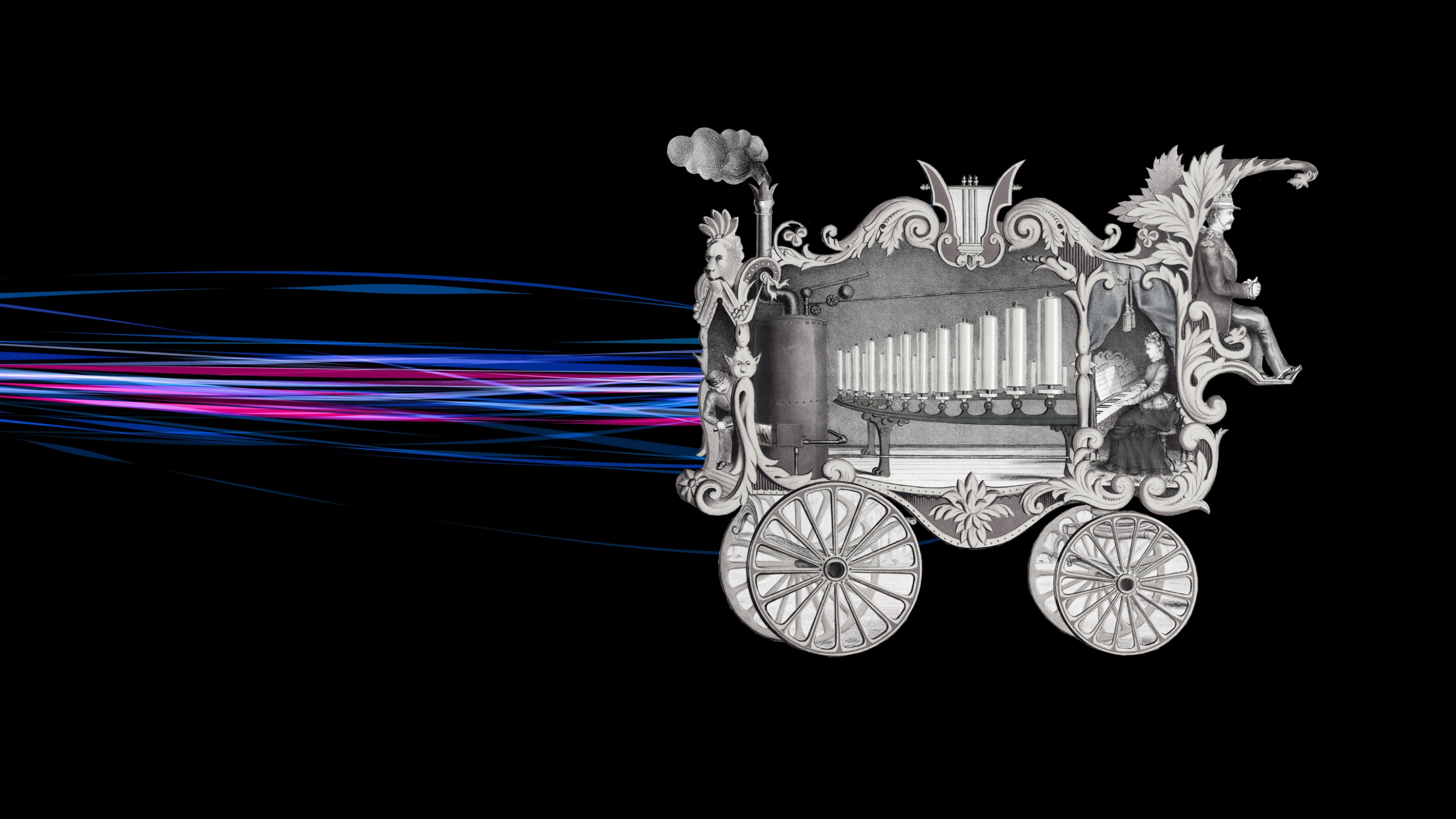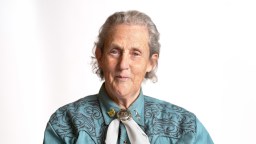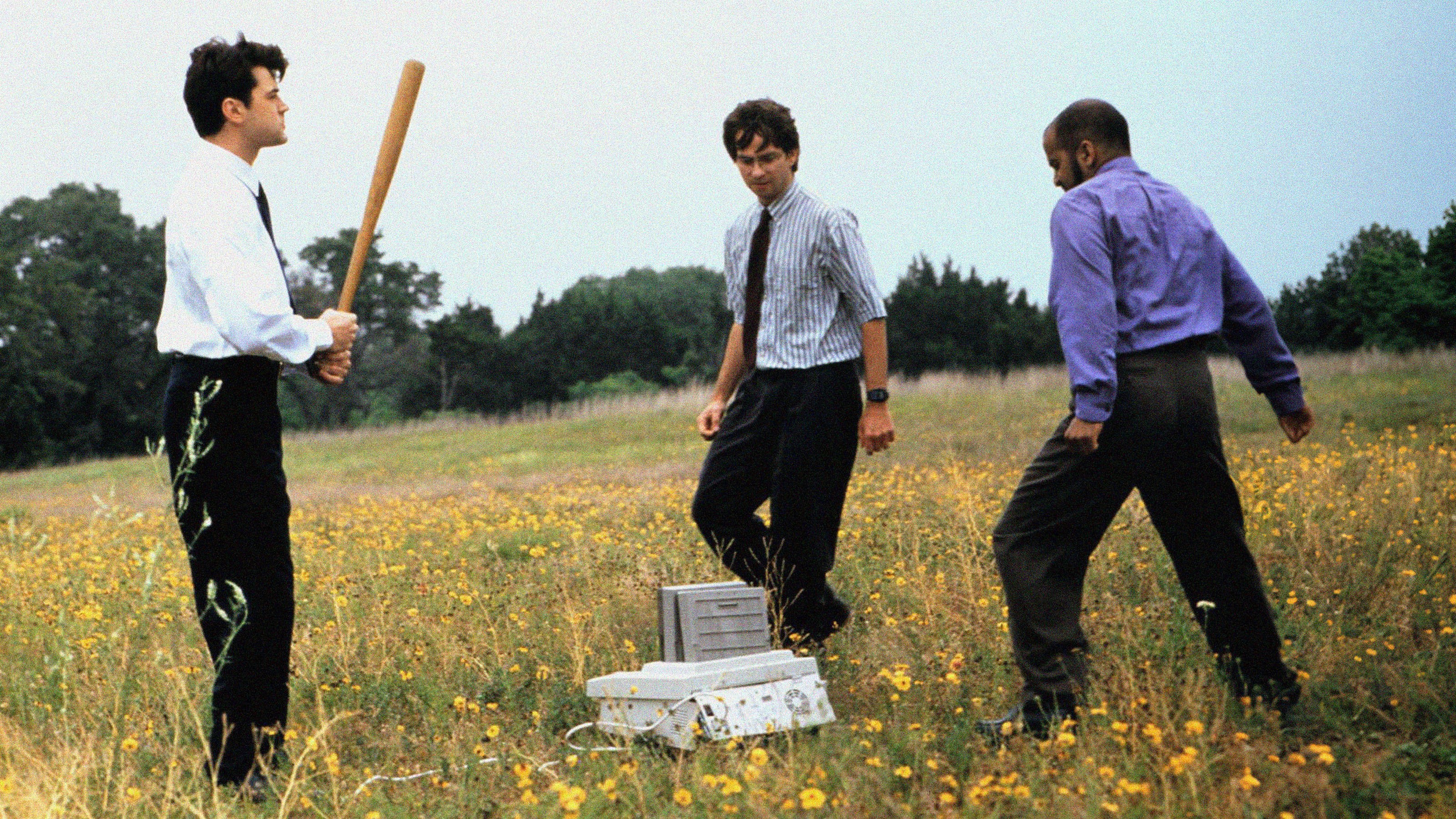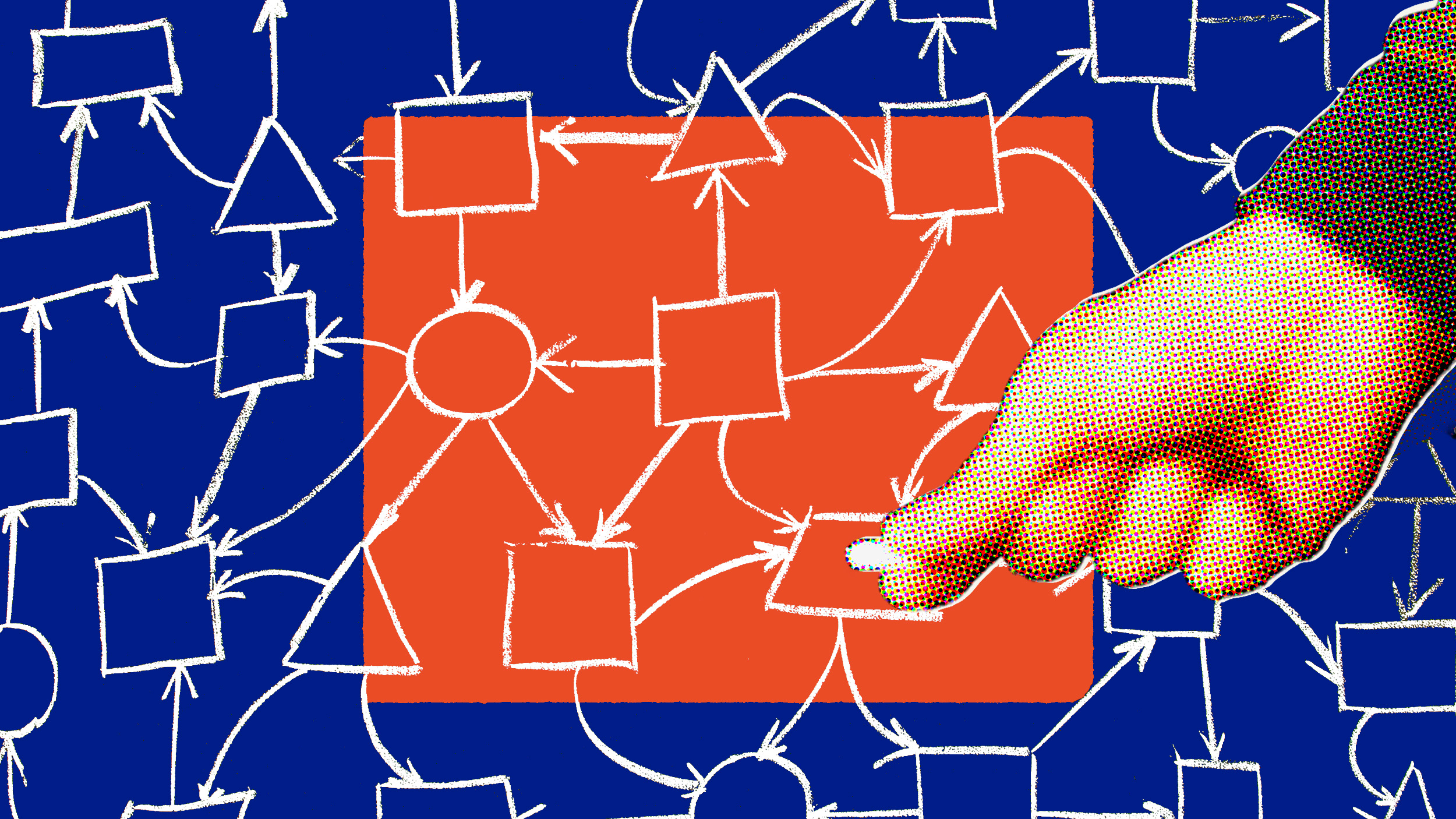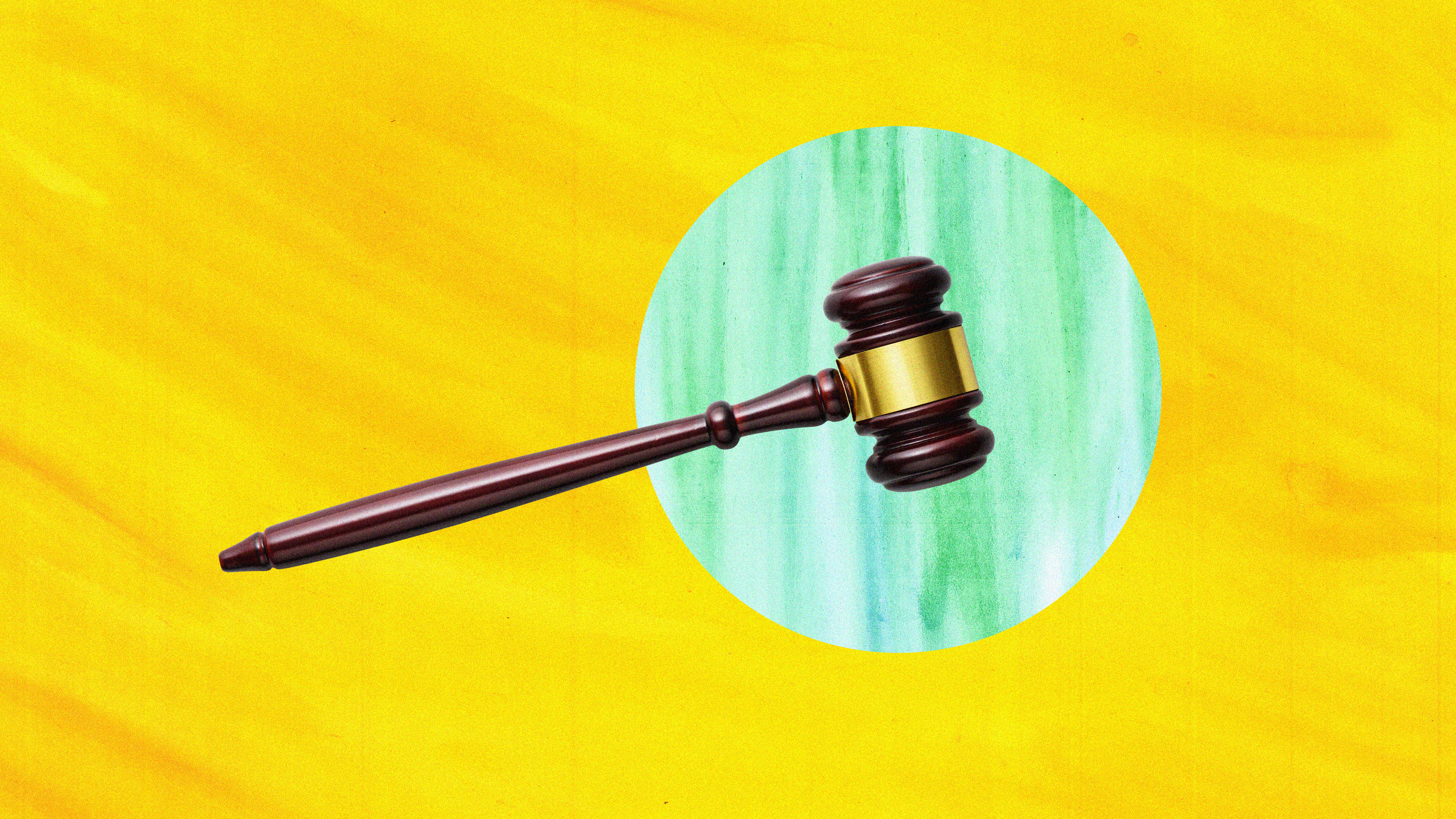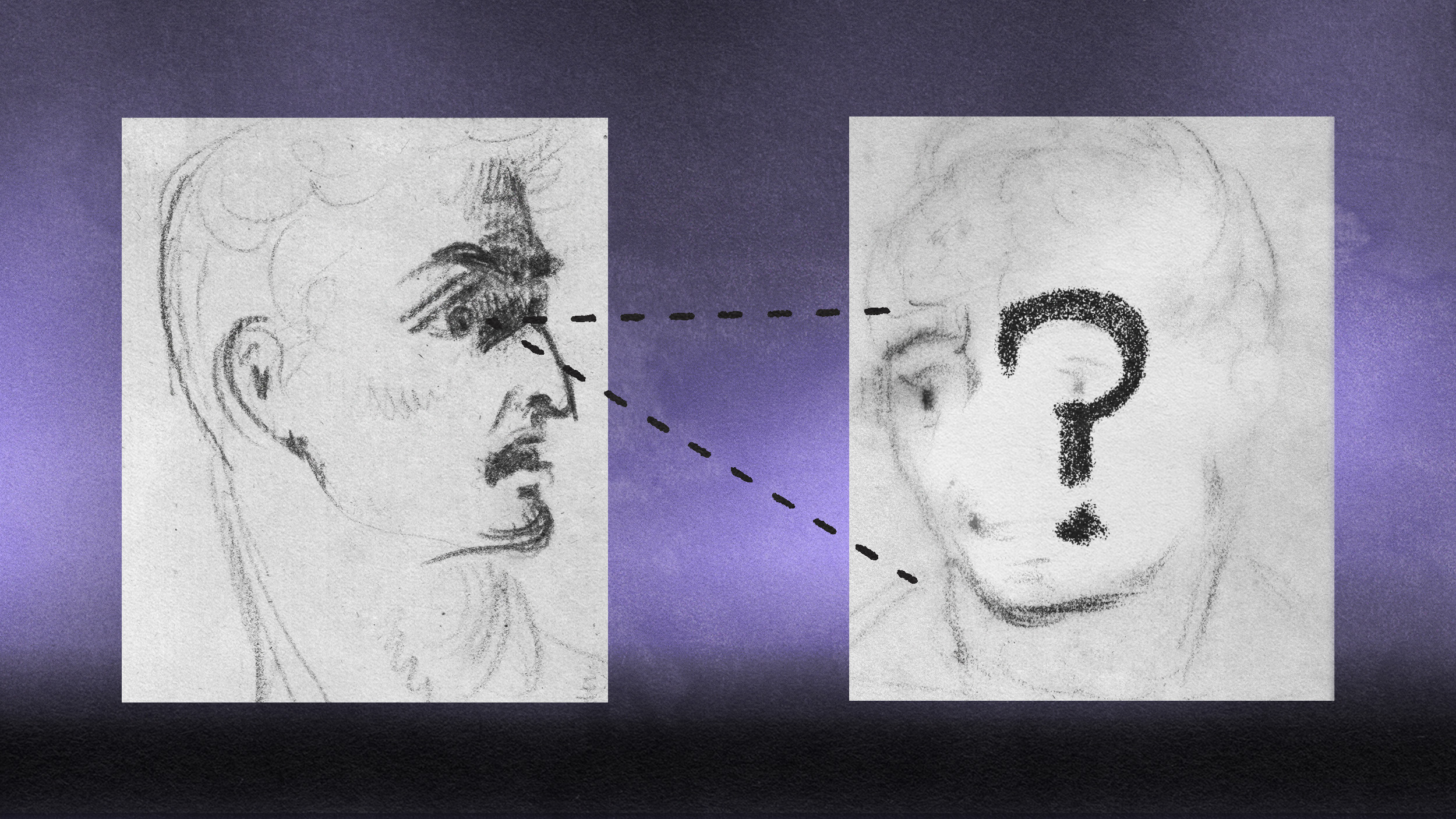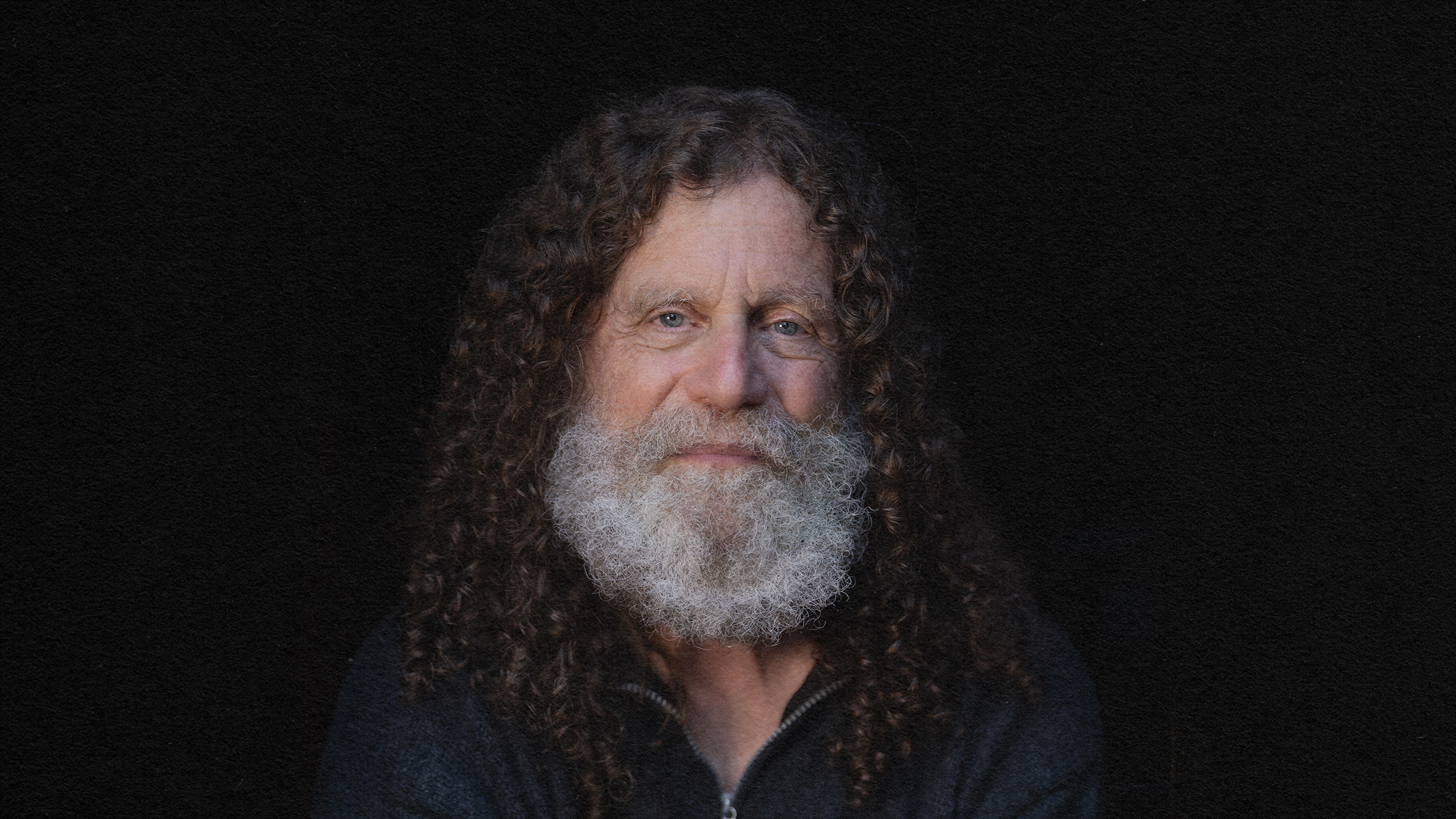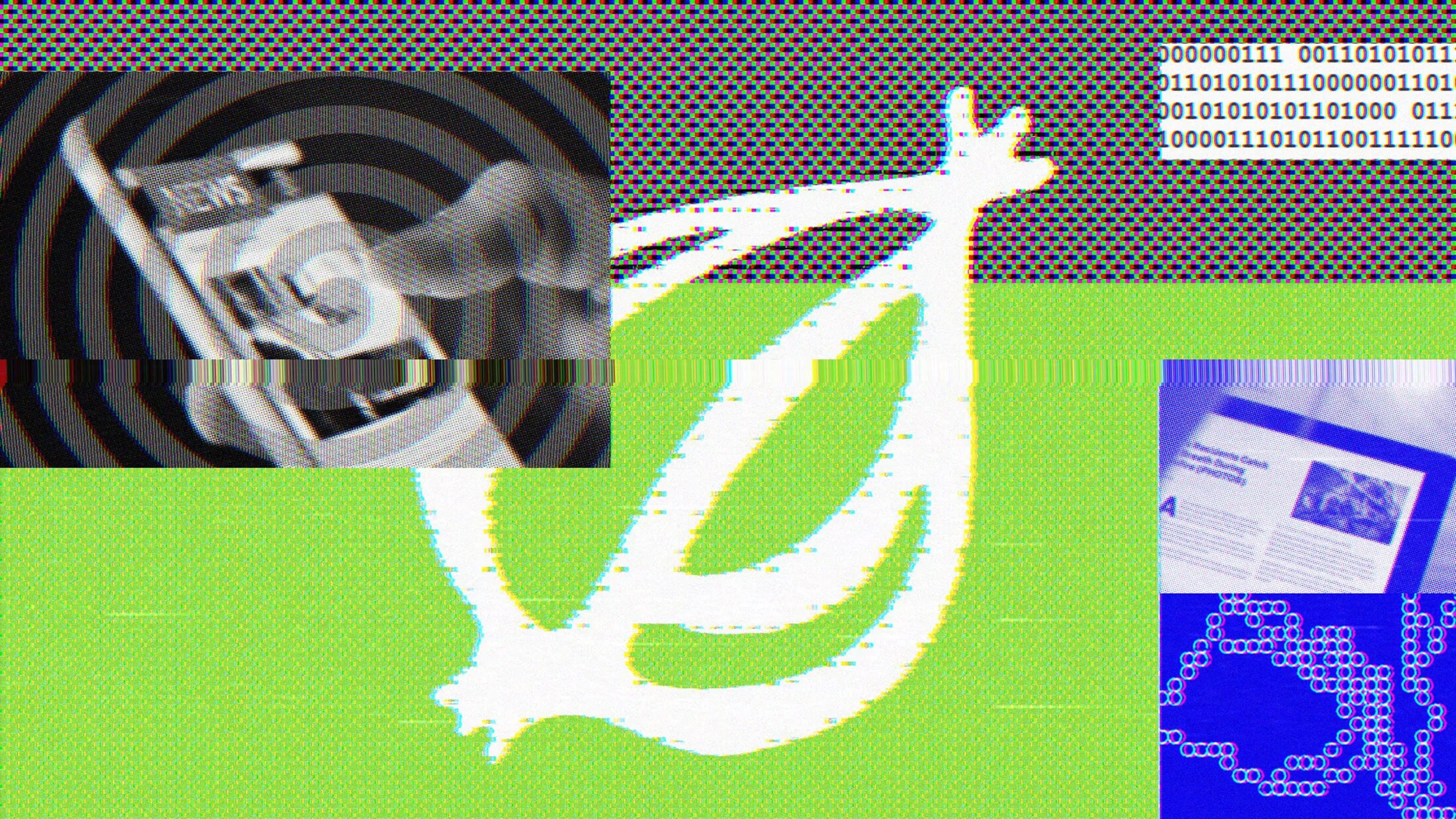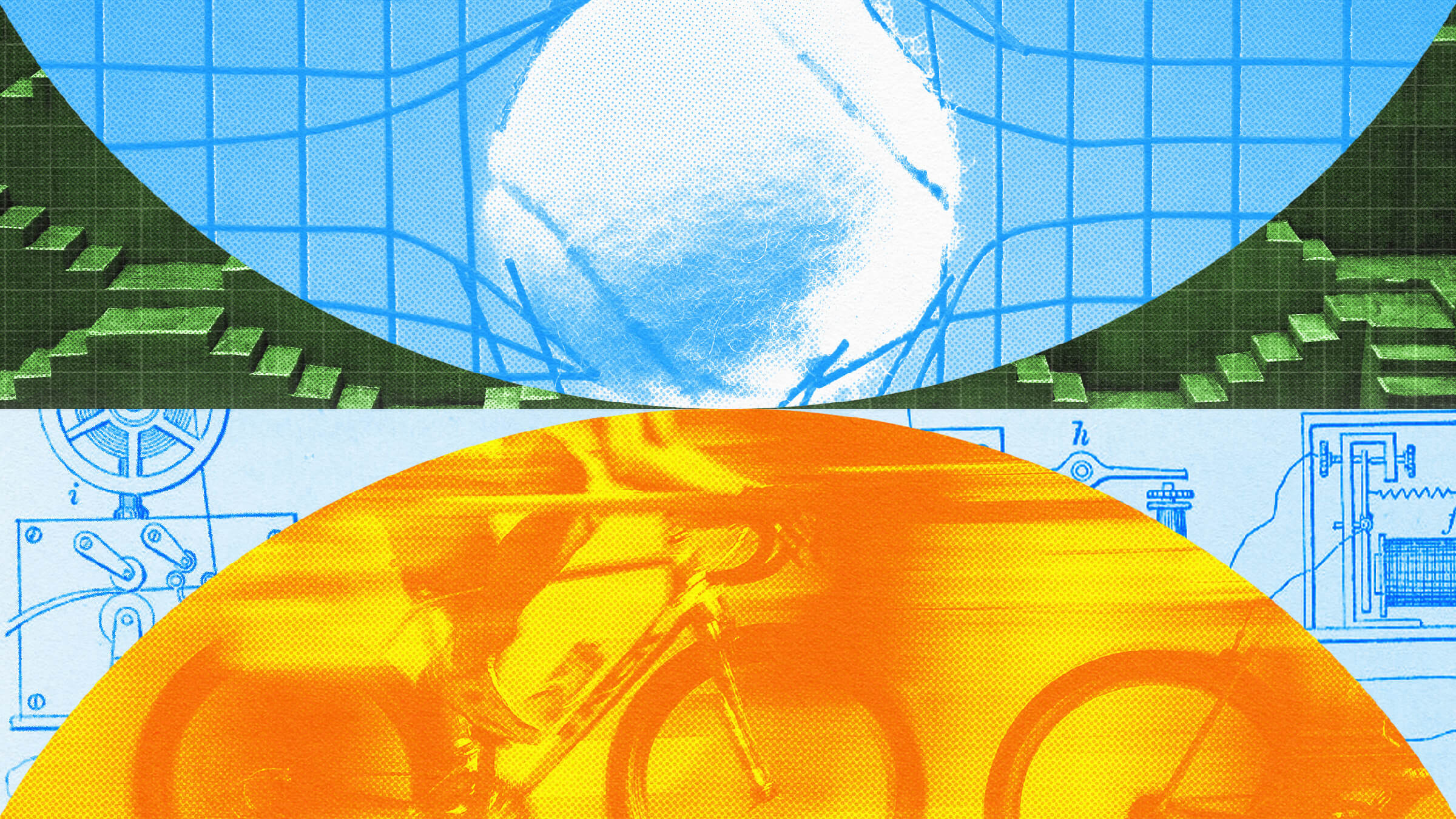Can laboratories become more humane, or is it time to end animal research altogether?
Search Results
You searched for: one day
There’s the textbook answer, then there’s the real answer.
Dr. Aditi Nerurkar on toxic resilience and the importance of gratitude and breathing.
▸
9 min
—
with
More than mindless bloodshed, the gladiatorial games were organized sports. Gladiators were treated as world-class athletes, receiving superior diets and medical care.
Reusable rockets, moon landers, civilian astronauts, and more.
Confronting your “absolute stupidity” is a sign you’re on course to learning something new and wonderful.
While executive function matures between 18 and 20 years of age, the brain keeps changing long afterward.
Dr. Temple Grandin shares how we can unlock the hidden gifts of neurodivergent minds.
▸
8 min
—
with
Dr. Jen Gunter debunks the most common myths about menstruation.
▸
11 min
—
with
Executive advisor Tiffani Bova wants leaders to value their employees as much as their customers.
Josh Kaufman — best-selling author of entrepreneurial classic “The Personal MBA” — explores an essential truth about all decision-making.
Big Think recently spoke with Nick Bostrom about how humans might find fulfillment in a post-scarcity world.
Acting “little and often” has huge consequences and they’re not always good — but awareness yields solutions.
Memory, responsibility, and mental maturity have long been difficult to describe objectively, but neuroscientists are starting to detect patterns. Coming soon to a courtroom near you?
To understand others, you need to see past their fleeting emotions. You must perceive who they are as people.
To what extent will our psychological vulnerabilities shape our interactions with emerging technologies?
A volley of new insights reignites the debate over whether our choices are ever truly our own.
What you can learn about media by parodying it from the print era into the digital age.
Morning, afternoon, or night: When is the best time to exercise? Scientists have extensively studied this question. Here’s what they found.
Of the millions of substances people encounter daily, health researchers have focused on only a few hundred. Those in the emerging field of exposomics want to change that.
An in-depth interview with astronomer Kelsey Johnson, whose new book, Into the Unknown, explores what remains unknown about the Universe.
A clock, designed and built in Europe, ran hopelessly at the wrong rate when brought to America. The physics of gravity explains why.
Better cognitive control over our decisions can stave off disappointment in our actions.
When it comes to behavior, genetics may play a larger role than you think.
It’s the ultimate setup for a Thanksgiving Day disaster. The physics of water and its solid, liquid, and gas phases compels us not to do it.
What creates our private, inner universes is still a mystery.
After almost a century in print, “How to Win Friends and Influence People” still has lessons to teach us.
This small phase 1 study suggests that CRISPR-engineered T cells are safe and potentially effective, but there is a long way to go.
For extraordinary long-term success in business we can look to insights from British Olympic cycling, Roger Federer and neuroeconomics.
“Feedback is a gift,” is an easy bumper sticker to apply, but a harder philosophy to put into execution in your real life.

